Information/Write-up
Art Scammell was born in Change Islands in Notre Dame Bay, Newfoundland in 1913.
Nine years prior to the birth of Art Scammell, Marie Toulinguet (Georgina Stirling aka Nightingale of the North), born in Twilllingate, Newfoundland on April 3, 1866 (pre-Confederation), became the first Newfoundlander to make a recording. She recorded two operatic pieces in 1904 for a company in Milan, Italy. You can read her biography here:
http://www.thecanadianencyclopedia.com/index.cfm?PgNm=TCE&Params=U1ARTU0003452
In 1910, a recording of a lullaby by the last living Beothuk (the original first nations of Newfoundland) was performed by Santu, a 75 year old woman of direct Beothuk / Mi'Kmaq descent (born at Red Indian Lake in 1837). It was recorded by famous American anthropologist Frank Speck. The song's meaning is unknown.The Beothuk arrived in Newfoundland in 50 B.C. and were extinct by 1829.
In 1928, Richard Squires became the first Newfoundlander to produce a record for local consumption and one of the first Canadian politicians to make a political recording of a campaign speech. Apparently, it paid off since he won his second term as Prime Minister of Newfoundland in 1928 (was also Prime Minister from 1919 to 1923).
That same year, when he was only 15 years old, Art Scammel composed Squid Jiggin' Ground as a high school project. Fifteen years later, in 1943, Art Scammell produced Newfoundland's second recording specifically intended for Newfoundland consumption (there were no other recordings in Newfoundland for 15 years). This was his first song and was a very successful commercial undertaking; and it was recorded as a private record "Squid-Jiggin' Ground Part 1 // Squid-Jiggin' Ground Squid-Jiggin' Ground Part 2" on the RCA label, Private Record P.R. 931 in Montreal. Somewhere between 15,000 and 20,000 albums were sold.
Later in 1943, Scammell followed up his first recording with five more: The Shooting of the Bawks Part 1 // The Shooting of the Bawks Part 2 on Private Record P.R. 1175/1176 / RCA; The Six Horsepower Coaker // Squarin' Up (vcl acc by Buck Lacombe, guitar) on Private Record P.R. 1177/1178 / RCA; Squid-Jiggin' Ground // The Capel in Haul on Private Record P.R. 1290/1291 / RCA; The Ryans and the Pittmans // Jack Was Every Inch a Sailor on Private Record P.R. 1292/1293 / RCA; Lukey's Boat // The Kelligrew's Soiree on Private Record P.R. 1294/1295 / RCA.
Art Scammel re-recorded Squid Jiggin' Ground on the album "My Newfoundland" for Audat 477-9043 in 1974.
The album featured nine original songs and verses. The first track, "Confederation Song", Scammell notes: "Certainly this historical event deserved a song. I wrote it as an allegory of the sea, that surrounding, restless sea, which more than we realize, has shaped us as folk." The third track, "The Six Horsepower Coker", Scammell notes: "The coker was a marine engine, named after Sir William Coaker, one of our prominent old-time politicians. I wrote the song partly to celebrate the Newfoundlander's gift for improvosing, making do with whatever materials are at hand - wire, string, or window-blind springs." Next, "Long May Your Big Jib Draw", Scammell notes: "A colourful expression out of our nautical past. I thought the song would help preserve it."
Art Scammell received The Order of Canada in 1988.
-Robert Williston
My Newfoundland
Art Scammel
I wrote most of these songs and verses many years ago when I was growing up in a Newfoundland outport: Change Islands in Notre Dame Bay. I tried to capture in word and phrase something of the mood and feeling of concrete activities that I shared with neighbours and friends.
Squid Jiggin' Ground: This was my first song, written back in 1928, and the most widely known. Newfoundlanders, and indeed all Canadians made it famous by accepting and singing it.
The Six-Horse Power Coker: The Coker was a marine engine, named after Sir William Coker, one of our prominent old-time politicians. I wrote this song "partly" to celebrate the Newfoundlanders' gift for improvising, making do with whatever materials are at hand: wire, string, or window-blind spring.
Bakeapple Jam: I wanted to write a song about berry picking, a most enjoyable experience of my boyhood. I settled for bakeapples, the most scarce and the tastiest berries down our way.
The Joe Batt's Arm Bully: In my fishing days at Change Islands and Little Fogo Islands, the Joe Batt's Arm "bullies" provided steady and strenuous competition before and after the fish grounds. It turned out good training to go themselves and thrive in a "Change Island punt" for good measure.
Squidgin' Up: In the fall the fishermen settled or "squidged" their squid and stored them for the winter. Storing and freezing and drying on clothes lines seem in the general store back in depression days, was worth of preservation rather than the squid.
Tommy Decker's Venture: A colourful expression out of our folklore. I thought the song would help preserve it.
Long May Your Big Jib Draw: Only a fisherman deserved a song. I wrote this song in tribute to that striving, surrounding, restless sea, which more than anything else, has shaped us as a folk.
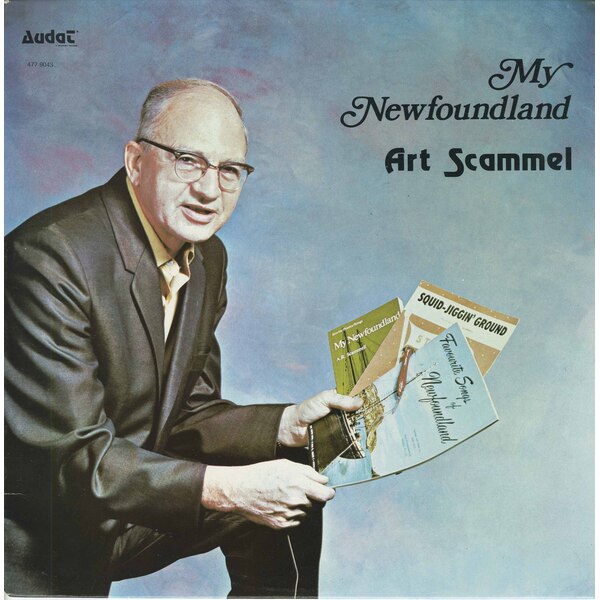
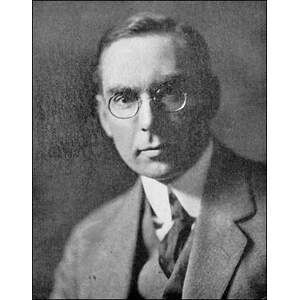
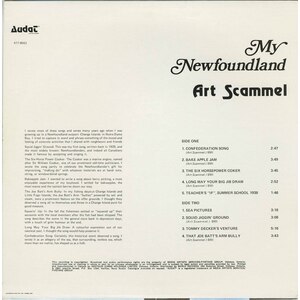
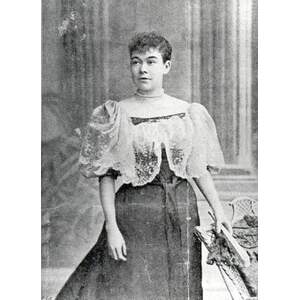
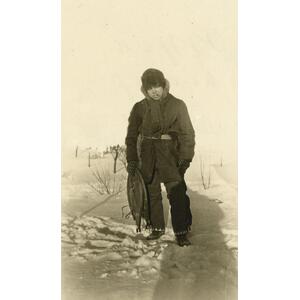
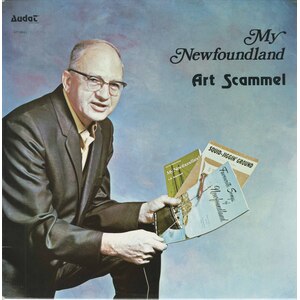
No Comments